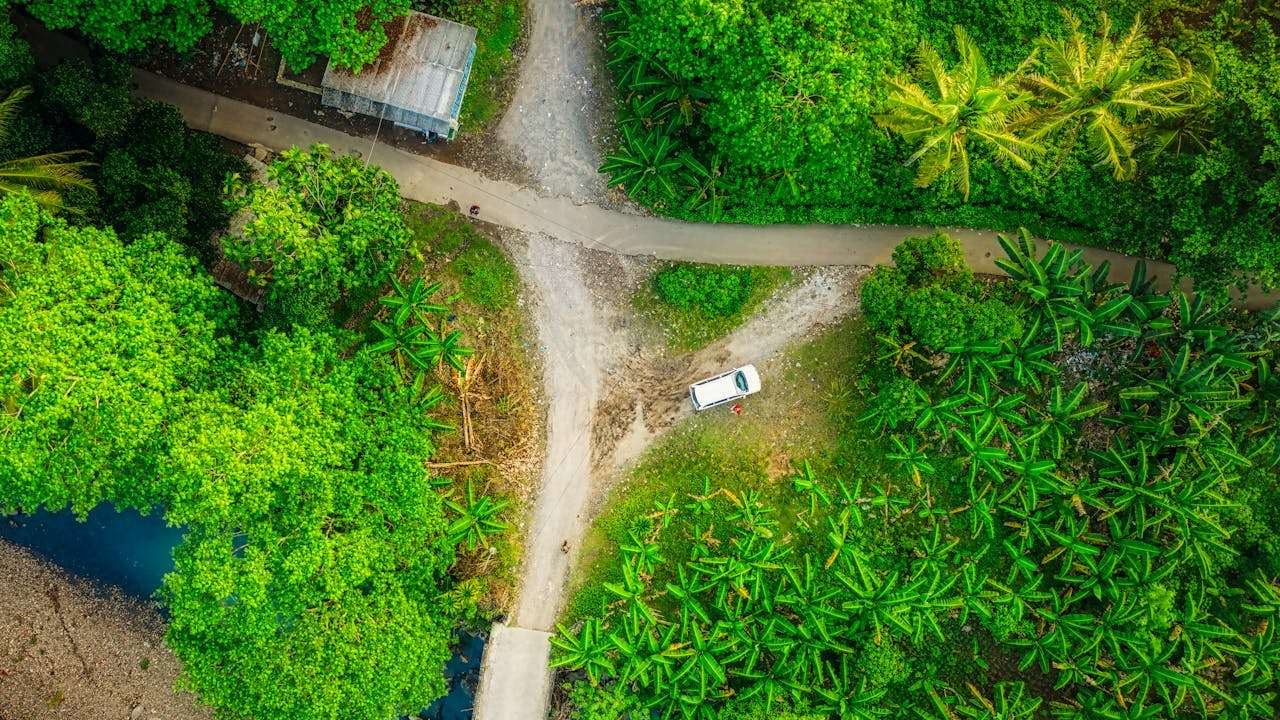Jungle exploration embodies the essence of adventure, offering intrepid explorers an opportunity to immerse themselves in the lush, untamed wilderness of the world’s tropical rainforests. From dense canopies to winding rivers, jungles are teeming with biodiversity, hidden treasures, and ancient mysteries waiting to be uncovered. This long-form piece delves into the captivating realm of jungle exploration, tracing its history, showcasing remarkable discoveries, examining the challenges faced by explorers, and contemplating the future of jungle discovery.
Origins of Jungle Exploration
Human fascination with jungles dates back centuries, with early explorers venturing into uncharted territories in search of new lands, resources, and trade routes. European explorers like Christopher Columbus and Hernán Cortés encountered tropical rainforests in the Americas, while British naturalists such as Alfred Russel Wallace and Henry Walter Bates journeyed to the Amazon in search of exotic flora and fauna. Their expeditions laid the foundation for scientific exploration and fueled public fascination with the jungle wilderness.
Mapping the Heart of Darkness
Mapping jungles is a daunting task, given their dense vegetation, rugged terrain, and vast expanse. Early explorers relied on rudimentary tools such as compasses, sextants, and machetes to navigate through the jungle wilderness. Today, advanced technologies such as satellite imagery, LiDAR, and GPS enable researchers to create detailed maps of jungle ecosystems, revealing hidden rivers, mountain ranges, and remote indigenous communities.
Unveiling Biodiversity Hotspots
Jungles are among the most biodiverse ecosystems on Earth, housing a staggering array of plant and animal species. From towering canopy trees to elusive big cats, jungles are home to a wealth of life forms adapted to thrive in the humid, tropical environment. Jungle explorers and scientists conduct biodiversity surveys to document species richness, distribution patterns, and ecological dynamics, contributing to conservation efforts aimed at protecting vulnerable habitats and endangered species.
Discovering Lost Civilizations
Jungles hold a wealth of archaeological treasures, including ancient ruins, ceremonial sites, and hidden cities dating back thousands of years. Maya, Inca, and Khmer civilizations flourished in the jungles of Central and South America, leaving behind magnificent temples, pyramids, and stone carvings shrouded in mystery and intrigue. Jungle explorers and archaeologists uncover these lost civilizations, piecing together their history, culture, and architectural achievements.
Confronting Jungle Hazards
Exploring jungles presents a host of challenges, from navigating dense vegetation to overcoming extreme heat, humidity, and unpredictable weather patterns. Jungle explorers must contend with venomous snakes, biting insects, and infectious diseases such as malaria and dengue fever. Survival skills such as bushcraft, wilderness first aid, and navigation are essential for safely navigating the jungle wilderness and avoiding potential hazards.
Documenting Indigenous Knowledge
Indigenous peoples have inhabited jungles for thousands of years, possessing a wealth of traditional knowledge about their environment, medicinal plants, and sustainable land management practices. Jungle explorers collaborate with indigenous communities to document their traditional knowledge, cultural heritage, and oral histories, fostering mutual respect, understanding, and empowerment. By honoring indigenous perspectives and engaging in participatory research, we can ensure the conservation and sustainable management of jungle ecosystems.
Shaping the Future of Jungle Exploration
As we look to the future, jungle exploration holds immense promise for scientific discovery, conservation, and cultural heritage preservation. Initiatives such as the National Geographic Society’s Pristine Seas and the Rainforest Trust are leading efforts to protect and preserve jungle ecosystems around the world. By fostering collaboration between scientists, explorers, indigenous communities, and policymakers, we can unlock the secrets of the jungle and ensure the preservation of these vital ecosystems for future generations.
Jungle exploration is a journey of discovery, adventure, and conservation, offering a glimpse into the hidden wonders of the world’s tropical rainforests. From ancient civilizations to vibrant ecosystems, jungles are rich in biodiversity, cultural heritage, and ecological significance. As we continue to explore and protect these precious wilderness areas, let us embrace the challenges and opportunities that lie ahead, united in our quest to unravel the mysteries of the jungle and safeguard its treasures for generations to come.

